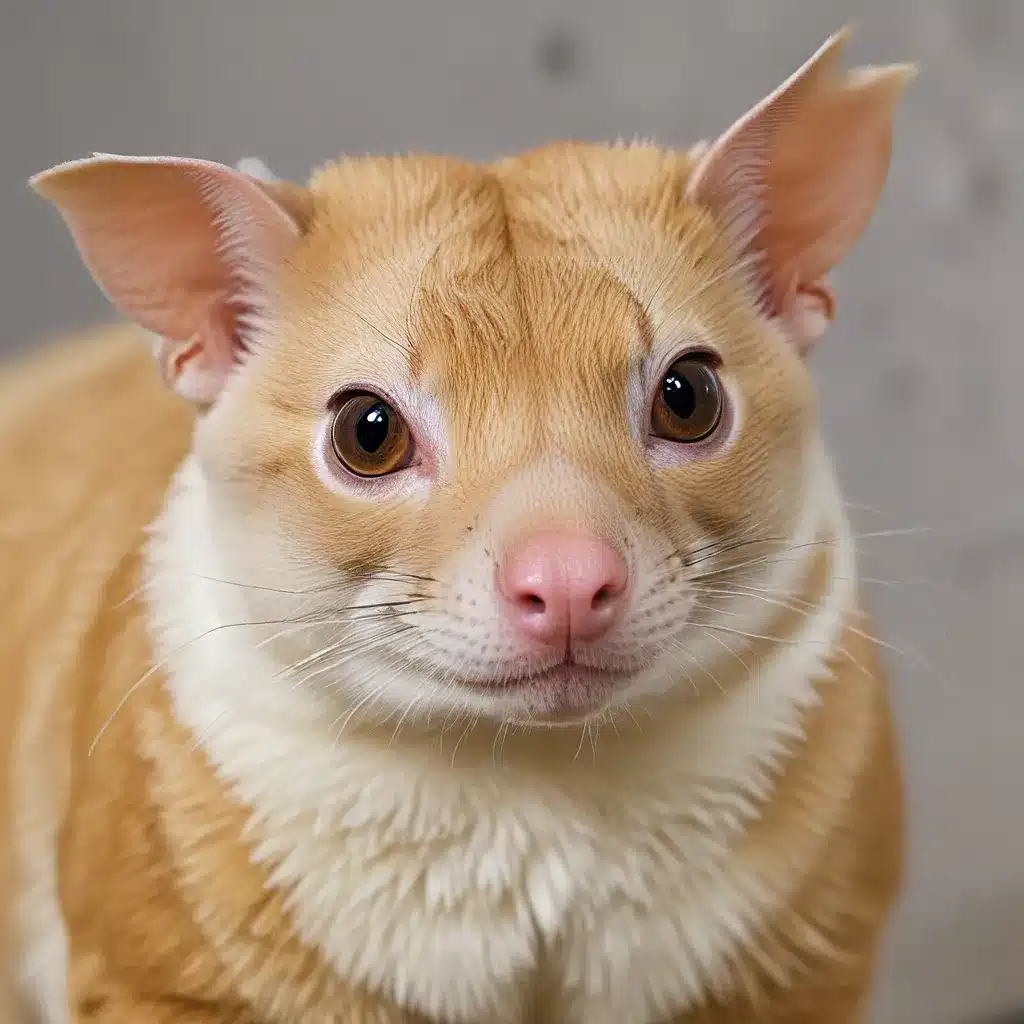
The Exotic Pet Enigma: Captivating Creatures or Caged Conundrums?
Imagine a world where the boundaries between the wild and the tame blur, where the captivating allure of exotic creatures beckons us to bring them into our homes. As an exotic pet enthusiast, I’ve been drawn to this fascinating realm, captivated by the sheer diversity of species and the promise of a unique, one-of-a-kind companionship. But as I’ve delved deeper, I’ve come to realize that the exotic pet industry is a complex tapestry, woven with both enchantment and ethical dilemmas.
The Realities of Exotic Pet Ownership
Let’s start by addressing the elephant in the room (or should I say, the bearded dragon in the terrarium?). Keeping an exotic pet is a far cry from the conventional dog or cat. These creatures hail from distant lands, evolved to thrive in environments vastly different from the ones we can recreate in our homes. As Dr. Emma Milne, a veterinarian, eloquently states, “Too often the enclosures are too small to allow for an area that has a UV light and enough room for a shaded section.” Failure to provide the right habitat can lead to devastating consequences, from metabolic bone diseases to pathological fractures.
Dr. Milne’s insights shed light on another crucial aspect – the dietary requirements of these animals. “Exotic wild animals have vastly varied diets depending on the species and where they originate. Their anatomy and physiology is often starkly different from mammals.” Imagine trying to feed a snake that relies on live prey, or a bearded dragon that needs a precise balance of nutrients. It’s a delicate dance that, if not executed flawlessly, can leave our exotic pets malnourished and unwell.
The Dilemma of Captivity
But the challenges don’t stop there. As Dr. Milne so eloquently points out, “Freedom is fundamental to welfare.” Can we ever truly replicate the expansive habitats and complex social structures these animals are adapted for? The thought of a gecko, born to explore vast landscapes, confined to a tank barely larger than its own body is enough to tug at the heartstrings. And what about the ethical implications of providing live prey for predatory pets? It’s a web of ethical quandaries that can leave even the most seasoned exotic pet owner feeling conflicted.
Bridging the Gap: Responsible Ownership
So, where do we go from here? Is it possible to strike a balance between our fascination with exotic creatures and their well-being? The answer, I believe, lies in responsible ownership. At Golden Exotic Pets, we’ve made it our mission to educate and empower exotic pet enthusiasts to navigate this delicate terrain.
It starts with thorough research, ensuring that we understand the specific needs of each species, from habitat requirements to dietary needs. We work closely with veterinarians who specialize in exotic animals, tapping into their expertise to provide our customers with the guidance they need to create a thriving, healthy environment for their pets.
But responsible ownership goes beyond just the physical well-being of the animal. It’s about acknowledging the emotional and behavioral needs of these complex creatures. As Dr. Milne so poignantly states, “Animals should be happy as well as healthy.” That’s why we encourage our customers to consider the inherent behaviors and social needs of their pets, and to provide enrichment activities that stimulate their natural curiosity and exploration.
The Ethical Exotic Pet Equation
Navigating the exotic pet industry is a delicate balancing act, but it’s one that we’re committed to undertaking. By prioritizing the health and welfare of the animals, we can enjoy the rewarding companionship of these captivating creatures while upholding the highest ethical standards.
It’s a journey that requires vigilance, empathy, and a willingness to constantly learn and adapt. After all, as Dr. Milne reminds us, “We will never meet the needs of these animals fully because they are not free.” But by making informed choices, providing exceptional care, and advocating for the well-being of these extraordinary animals, we can strive to create a model of ethical exotic pet ownership that sets the standard for the industry.
So, what’s the secret to uncovering the truth about ethical practices in the exotic pet industry? It lies in a relentless pursuit of knowledge, a deep respect for the animals in our care, and a commitment to continuously improving the lives of these remarkable creatures. Join me on this captivating exploration, as we uncover the reality behind the glittering façade of the exotic pet world.

